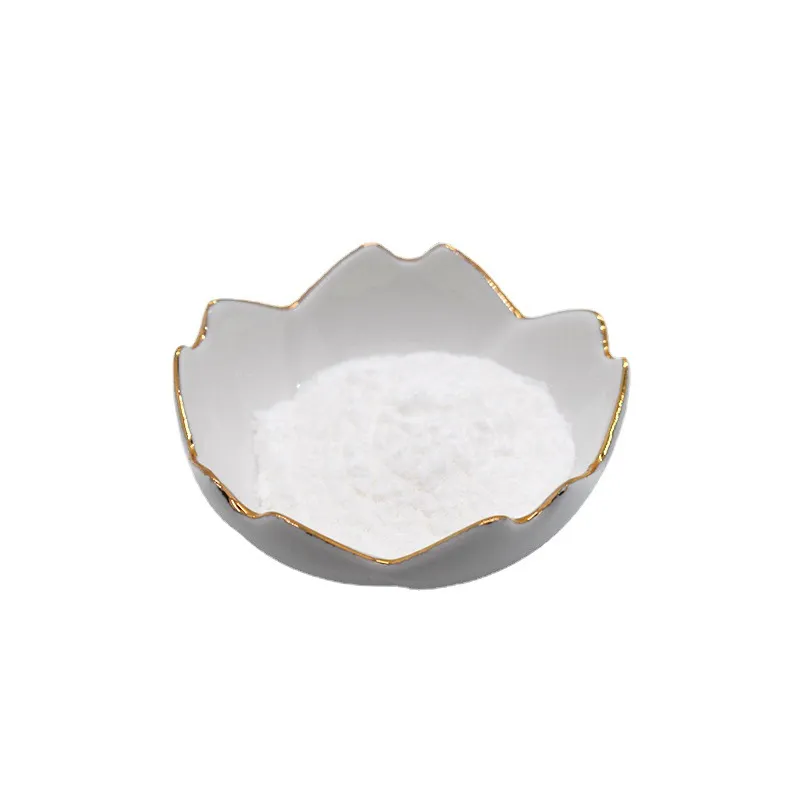Warning: Undefined array key "title" in /home/www/wwwroot/HTML/www.exportstart.com/wp-content/themes/1198/header.php on line 6
Warning: Undefined array key "file" in /home/www/wwwroot/HTML/www.exportstart.com/wp-content/themes/1198/header.php on line 7
Warning: Undefined array key "title" in /home/www/wwwroot/HTML/www.exportstart.com/wp-content/themes/1198/header.php on line 7
Warning: Undefined array key "title" in /home/www/wwwroot/HTML/www.exportstart.com/wp-content/themes/1198/header.php on line 7
- Afrikaans
- Albanian
- Amharic
- Arabic
- Armenian
- Azerbaijani
- Basque
- Belarusian
- Bengali
- Bosnian
- Bulgarian
- Catalan
- Cebuano
- China
- China (Taiwan)
- Corsican
- Croatian
- Czech
- Danish
- Dutch
- English
- Esperanto
- Estonian
- Finnish
- French
- Frisian
- Galician
- Georgian
- German
- Greek
- Gujarati
- Haitian Creole
- hausa
- hawaiian
- Hebrew
- Hindi
- Miao
- Hungarian
- Icelandic
- igbo
- Indonesian
- irish
- Italian
- Japanese
- Javanese
- Kannada
- kazakh
- Khmer
- Rwandese
- Korean
- Kurdish
- Kyrgyz
- Lao
- Latin
- Latvian
- Lithuanian
- Luxembourgish
- Macedonian
- Malgashi
- Malay
- Malayalam
- Maltese
- Maori
- Marathi
- Mongolian
- Myanmar
- Nepali
- Norwegian
- Norwegian
- Occitan
- Pashto
- Persian
- Polish
- Portuguese
- Punjabi
- Romanian
- Russian
- Samoan
- Scottish Gaelic
- Serbian
- Sesotho
- Shona
- Sindhi
- Sinhala
- Slovak
- Slovenian
- Somali
- Spanish
- Sundanese
- Swahili
- Swedish
- Tagalog
- Tajik
- Tamil
- Tatar
- Telugu
- Thai
- Turkish
- Turkmen
- Ukrainian
- Urdu
- Uighur
- Uzbek
- Vietnamese
- Welsh
- Bantu
- Yiddish
- Yoruba
- Zulu
9 月 . 10, 2024 09:04 Back to list
Everything You Need to Know About Aspartame
The Sweet Controversy of Aspartame
Aspartame, an artificial sweetener, has been a staple in the food industry since its discovery in the 1960s. As a low-calorie sugar substitute, it has gained immense popularity, particularly among those seeking to reduce sugar intake or manage weight. Found in a plethora of products ranging from diet sodas to sugar-free gum, aspartame has become synonymous with the “diet” label. However, its journey has been fraught with controversy and debate, raising questions about its safety and health impacts.
Aspartame is approximately 200 times sweeter than sucrose (table sugar), which allows manufacturers to use it in small amounts, contributing minimal calories to products. This has made it an attractive option for food and beverage companies aiming to cater to health-conscious consumers. Moreover, aspartame does not raise blood sugar levels, making it suitable for individuals with diabetes. The convenience and utility of aspartame have led to its approval by numerous health authorities, including the United States Food and Drug Administration (FDA) and the European Food Safety Authority (EFSA).
Despite its widespread use and regulatory approval, aspartame has been the subject of extensive scrutiny. Many consumers are concerned about potential health risks associated with its intake. Some studies have suggested a link between aspartame consumption and various health issues, including headaches, allergic reactions, and even cancer. These studies have fueled a cascade of fears, leading to public outcry and calls for stricter regulations. However, the majority of scientific research supports the conclusion that aspartame is safe for human consumption when consumed within established daily intake limits.
aspartame

One of the most heated controversies surrounding aspartame involves its alleged link to cancer. In 2006, a study from the Ramazzini Institute in Italy suggested a possible association between aspartame and the development of cancers in rats. This research was met with skepticism from the scientific community, leading to further investigations. The EFSA and FDA reviewed the findings and reaffirmed their stance on aspartame’s safety. They concluded that the evidence did not warrant a reconsideration of the sweetener’s approval status.
Public sentiment regarding aspartame is mixed; while some consumers continue to embrace low-calorie sweeteners, others remain skeptical and choose to avoid them altogether. This divide often reflects broader societal trends regarding health and nutrition. As people become more aware of what they consume, they are increasingly interested in natural alternatives to artificial additives. This shift has prompted many companies to reformulate their products using natural sweeteners like stevia and monk fruit extract.
In conclusion, aspartame remains a popular sweetener in the food industry, despite the ongoing debates about its safety and health implications. While scientific consensus supports its safety when consumed within recommended limits, public perceptions continue to be shaped by emerging research and individual experiences. As the conversation around health and nutrition evolves, the future of aspartame and artificial sweeteners, in general, will likely depend on continuing research and consumer demand for transparency and natural alternatives. Whether aspartame will maintain its prominent place in our diets or be replaced by newer options remains an open question in the world of food science.
Latest news
-
Certifications for Vegetarian and Xanthan Gum Vegetarian
NewsJun.17,2025
-
Sustainability Trends Reshaping the SLES N70 Market
NewsJun.17,2025
-
Propylene Glycol Use in Vaccines: Balancing Function and Perception
NewsJun.17,2025
-
Petroleum Jelly in Skincare: Balancing Benefits and Backlash
NewsJun.17,2025
-
Energy Price Volatility and Ripple Effect on Caprolactam Markets
NewsJun.17,2025
-
Spectroscopic Techniques for Adipic Acid Molecular Weight
NewsJun.17,2025

